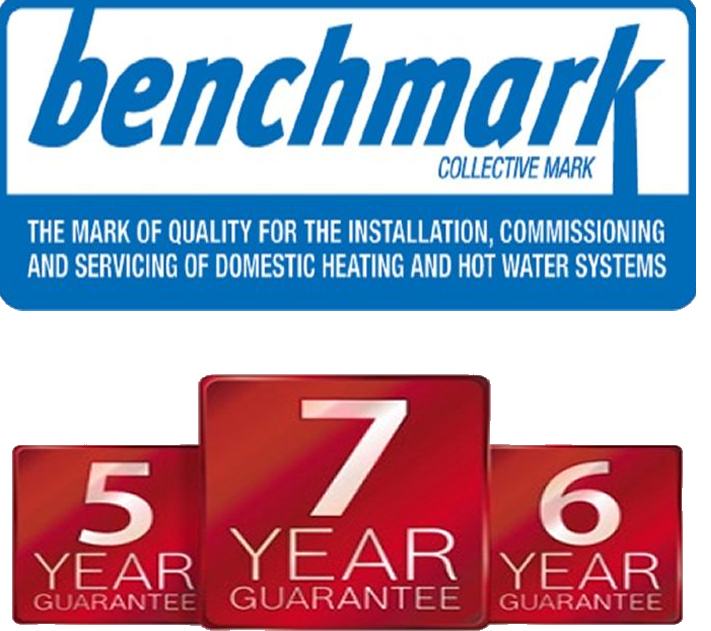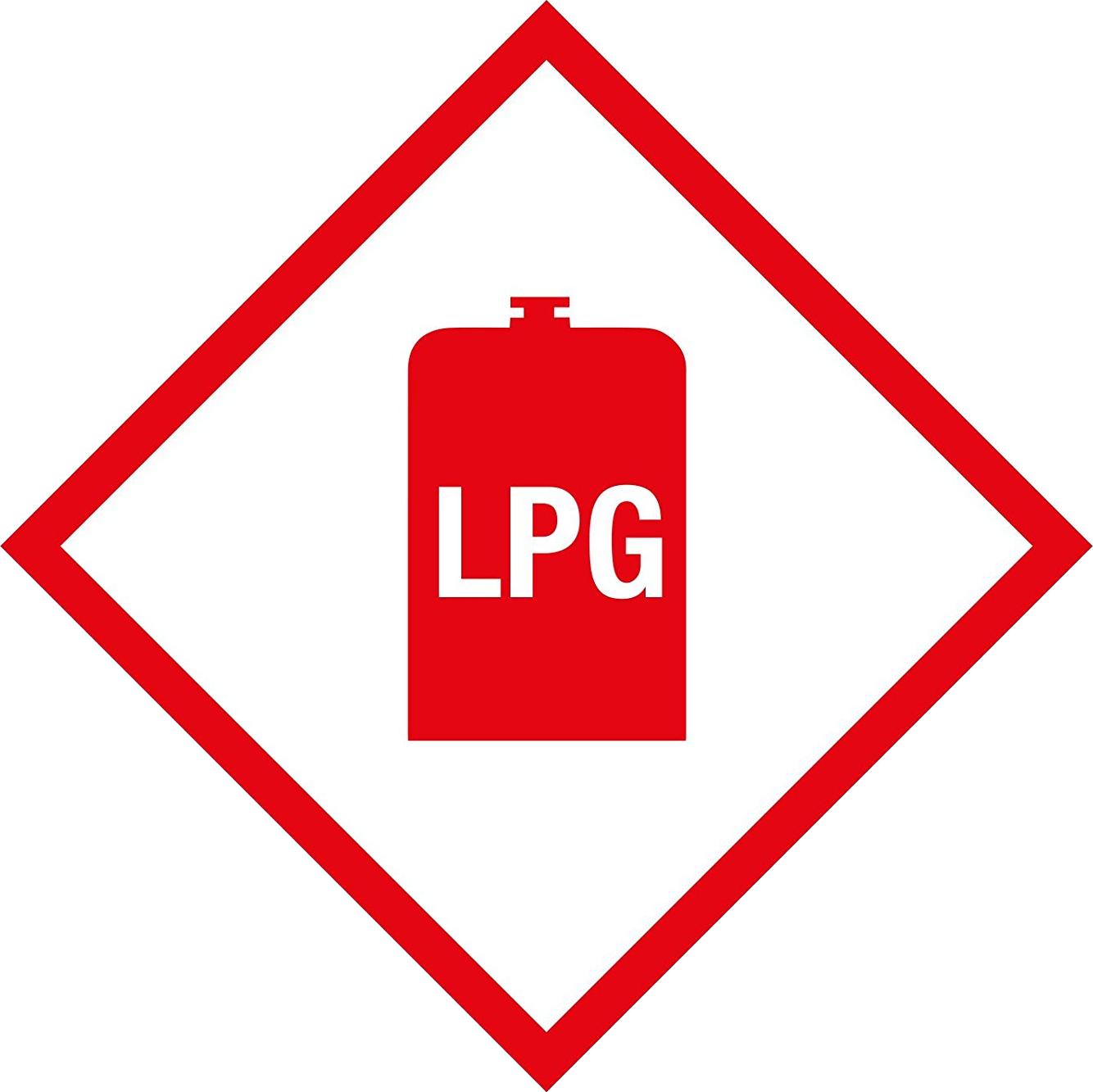Boilers
There is a wide and varied range of boilers available to the UK consumer. These fall into three main types.

We have categorized and described the types of boilers available on this site.
A detailed description of their uses, advantages and disadvantages is available under each category on this site.
If you have a new or replacement boiler fitted it should be commissioned and the Benchmark form completed by the engineer. The boiler should also be registered by your engineer for both guarantee and building regulation certification purposes. This also applies to Oil and Electric boilers.

The range of cost of each type of boiler is substantial with many hundreds of pounds difference in some cases. Whether this is justifiable in some cases is questionable.
Because of increased competition in the domestic market we have seen a gradual lengthening of the guarantees provided by manufacturers. It is now not uncommon to see guarantees of 10 years on parts and labour. Often this will necessitate the fitting of the manufacturers own system filter.
All UK boilers are now condensing boilers providing much greater efficiency with reduced flue gas exhaust temperatures.
Various governments in association with the boiler industry have attempted to make boilers even more efficient. The latest improvement came in 2018 with the introduction of the Boiler Plus regulations.
The regulations asked that a new or replacement boiler should have one of the following.
- 1. Weather Compensation
- 2. Boiler Load Compensation
- 3. Flue Secondary Heat Recovery
- 4. Smart Control
Whilst largely about making the ancilliary controls more efficient in the way that they communicate with boilers, the regulations also introduced the possibility of secondary heat recovery from the flue gases. Secondary heat recovery is now available on some boilers in the market and the number will likely increase.
The future of fossil fuels is in question. Research is already underway for an alternative with Hydrogen fueled boilers a future possibility. Research for alternatives is underway as other forms of heating sources such as renewables have not yet shown the scope to provide the required capacity.
The four most commonly used fuel types in the UK are;
- 1. Natural Gas
- 2. Liquid Petroleum Gas (LPG)
- 3. Domestic Heating Oil (Kerosene)
- 4. Electririty
Natural Gas
A successor to Coal or Town gas Natural Gas is the most commonly used fuel for boilers in the UK.

Natural Gas is normally the cheapest option when considering fuels for a boiler.
It is important to note that when considering a new or replacement boiler installation the gas engineer must take into account the gas pipe work to the boiler from the gas meter.
Natural Gas and LPG lose pressure over distance and when passing around bends and pipe fittings. Gas regulations and or the boiler manufacturers stipulate a minimum “Working Gas Pressure” at the gas valve on the boiler.
If there is insufficient gas pressure at best the boiler will be inefficient and at worst could be dangerous. In any event, if the gas pipe is undersized and providing insufficient gas it is very likely that the manufacturers warranty on your new boiler will be void.
LPG
For people who live off grid LPG is an excellent alternative. It is available in bulk tank form or in bottles. Your choice will depend upon your circumstances and the amount of gas supply required.

As with Natural Gas there are a number of providers and it does pay to shop around to get the best deal from a supplier with a term contract often providing a cost benefit.
LPG boilers are available in much the same configuration as their natural gas cousins. Although not all manufacturers provide LPG boilers in every kilowatt rating that they do with Natural Gas.
LPG burns faster than Natural Gas and therefore the boilers have to be altered to cope with this. Some are factory built but many are converted by your engineer upon installation. A specific label is also placed on an LPG boiler to warn all future users and engineers.
More environmentally friendly forms of LPG are now being made available.
Domestic Heating Oil
Oil Boilers have been around as long as Natural Gas boilers. As with LPG they provide an alternative to people who live off grid.
Oil boilers depend upon a supply of oil from a storage tank. Usually this tank will be on a plinth to provide a gravity fall for the oil to the burner on the boiler.

Modern oil boilers are available in an equivalent range to the gas boilers. They do tend to be much larger and often smellier than gas boilers. It is worth considering whether an external boiler will be preferable as these are now commonly available from the better manufacturers.
Oil boilers can provide an excellent source for hot water and heating. The costs of oil do tend to be more prone to rapid fluctuations than other energy sources.
Many people are now taking advantage of Oil Clubs and enjoying the advantage of bulk buying.
The number of oil boiler manufacturers is not as extensive as with gas boilers. Consequently they are more expensive than gas or LPG boilers. When establishing a new heating and hot water system the cost of the oil boiler and tank can make the initial cost higher than say an LPG equivalent.